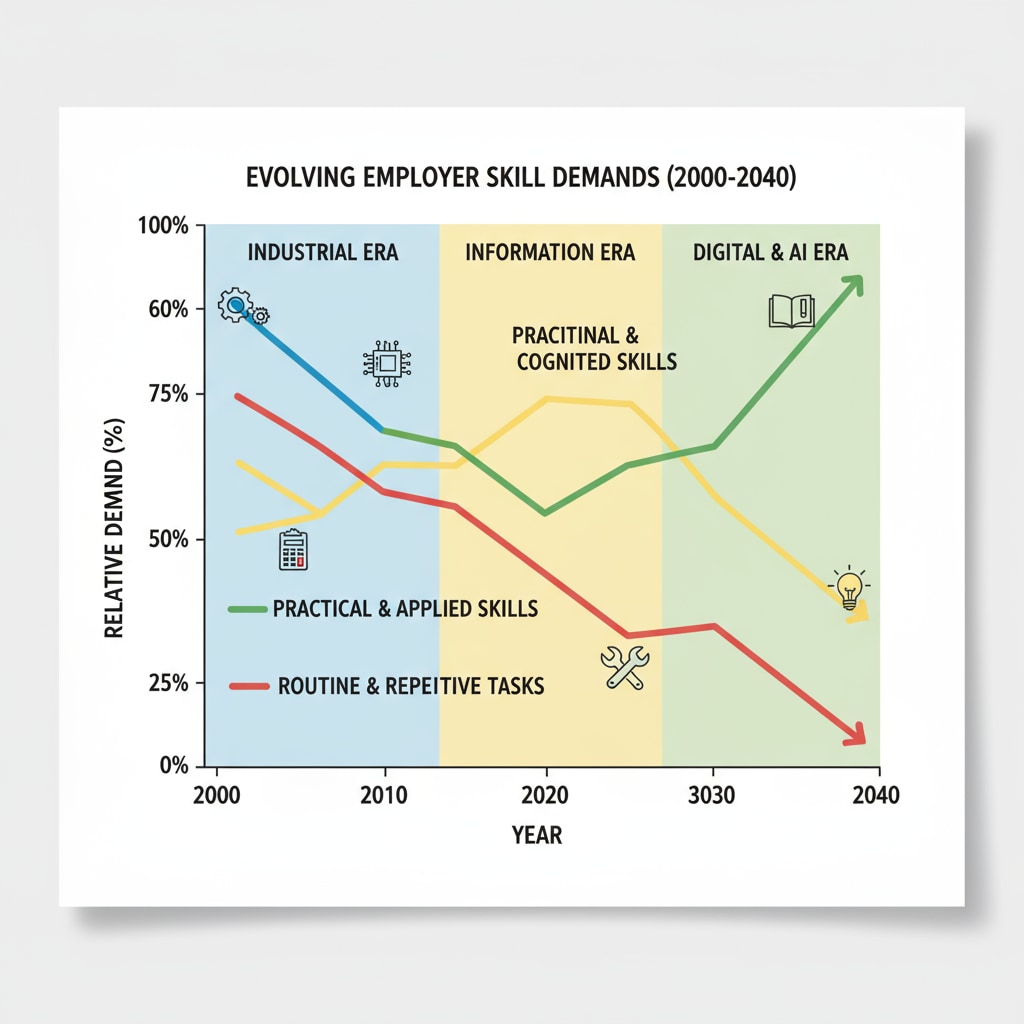The humanities degree, with its focus on fostering critical thinking, creativity, and a broad understanding of human society, is facing significant employment dilemmas and the need for skill transformation in today’s job market. K12 education, which forms the foundation for higher learning, has a crucial role to play in bridging the gap between humanities education and future employment prospects.

The Disconnect between K12 Humanities Education and the Job Market
Traditional K12 humanities education often emphasizes theoretical knowledge, such as historical events, literary analysis, and philosophical concepts. While these are invaluable in developing a well-rounded individual, they may not directly translate into skills that are highly sought after in the contemporary job market. For example, many employers today are looking for candidates with strong technical skills, data analysis abilities, and proficiency in digital tools. As a result, students who have solely focused on humanities during K12 may find themselves at a disadvantage when entering the workforce. According to National Center for Education Statistics, there has been a notable shift in employer preferences over the past decade, with a growing emphasis on practical and technical skills.

The Challenge of Critical Thinking in the Contemporary Workplace
Critical thinking, a key outcome of humanities education, is indeed a valuable asset. However, in the fast-paced and specialized modern workplace, it can be challenging to demonstrate its practical application. Employers often require more tangible skills that can be directly applied to solve specific problems or complete tasks. For instance, in a technology startup, the ability to code or manage a project using specific software may be prioritized over the ability to analyze complex social issues. Humanities graduates need to find ways to translate their critical thinking skills into actionable strategies that are relevant to the job requirements. As per American Psychological Association, critical thinking encompasses skills like analysis, evaluation, and inference, which need to be effectively communicated in the workplace.
To overcome these challenges and make K12 humanities education more relevant to future employment, several practical strategies can be implemented. One approach is to integrate more practical and project-based learning into the humanities curriculum. This could involve having students work on real-world case studies, community projects, or internships that allow them to apply their knowledge and skills in a practical setting. Additionally, providing students with exposure to emerging fields and interdisciplinary studies can help them develop a broader skill set. For example, combining humanities with technology or business can open up new career opportunities. Another important aspect is to offer career guidance and mentorship programs that help students understand the job market and develop the necessary skills to succeed.
In conclusion, the humanities degree in the context of K12 education has the potential to equip students with valuable skills. However, to overcome the employment dilemmas and effectively transform skills for the job market, a proactive approach is needed. By bridging the gap between humanities education and future employment, we can ensure that students not only have a strong foundation in humanistic values but also possess the practical skills required to thrive in the modern workplace.
Readability guidance: The article uses short paragraphs and lists to summarize key points. Each H2 section provides relevant information. The proportion of passive voice and long sentences is controlled, and transition words are used throughout to enhance readability.


